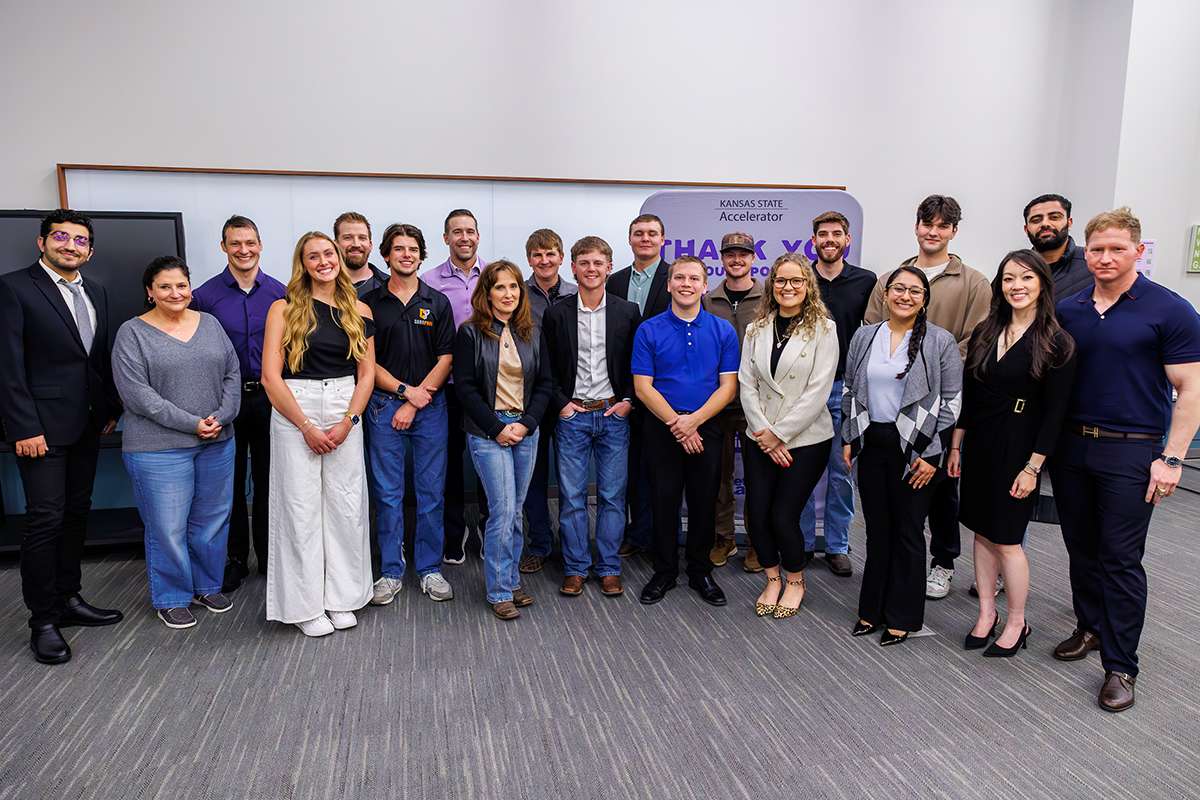Summary:
Lean into your weaknesses: Confront the tasks you dislike to prevent potential business harm.
VC advice can mislead: Trust your instincts over venture capitalist suggestions.
Being last can be advantageous: Analyze the market to find untapped opportunities.
Quick market entry is key: Start generating revenue as soon as possible, even if your tech is still developing.
Build a supportive company culture: Don’t overlook infrastructure and employee welfare.
After more than two years and nearly 100 episodes as a host of the TechCrunch's Found podcast, I've gathered invaluable insights from startup founders on their journeys. Here are the five best pieces of advice that stood out:
Lean into What You’re Not Good At
Parker Conrad, co-founder and CEO of Rippling, suggests that instead of hiring to fill gaps, founders should confront the areas they dislike. He believes that tackling these uncomfortable tasks is crucial since they could be detrimental to the business if ignored. "You should find the things that you hate within the company, and you should run towards them... because those are the things that are probably going to kill you," he stated.
VCs Aren’t Always Right
Ashley Tyrner, founder and CEO of FarmboxRx, learned the hard way that not all VC advice is beneficial. When advised to pivot to a meal kit model, she ignored them and instead focused on her original concept. This decision led to lucrative partnerships with insurance companies, proving that sometimes going against the grain pays off.
It Pays Off Not to Be First
Jordan Nathan, founder and CEO of Caraway, initially worried about being the last entrant in a crowded cookware category. However, by observing competitors, they identified market gaps and tailored their offerings effectively. “It helped us change our color palette, it helped us change our price point... we were able to craft our space within the kitchen world that others weren’t playing in.”
Get to Market Right Away
Joe Wolfel, co-founder and CEO of Terradepth, emphasizes the importance of getting to market quickly, even for deep tech companies. They focused on establishing revenue streams early by providing services to commercial customers while developing their autonomous drones. “There’s no substitute for on-the-ground learning,” he noted.
Build a Company Around Your Product
Gavin Uberti, co-founder and CEO of Etched, learned the importance of not neglecting company infrastructure while rushing product development. A painful lesson taught him that timely setup of employee benefits is crucial for a sustainable business. “When founders are trying to move fast and break things, it’s important for them to also take care of all the other elements needed to build a lasting company.”







Comments